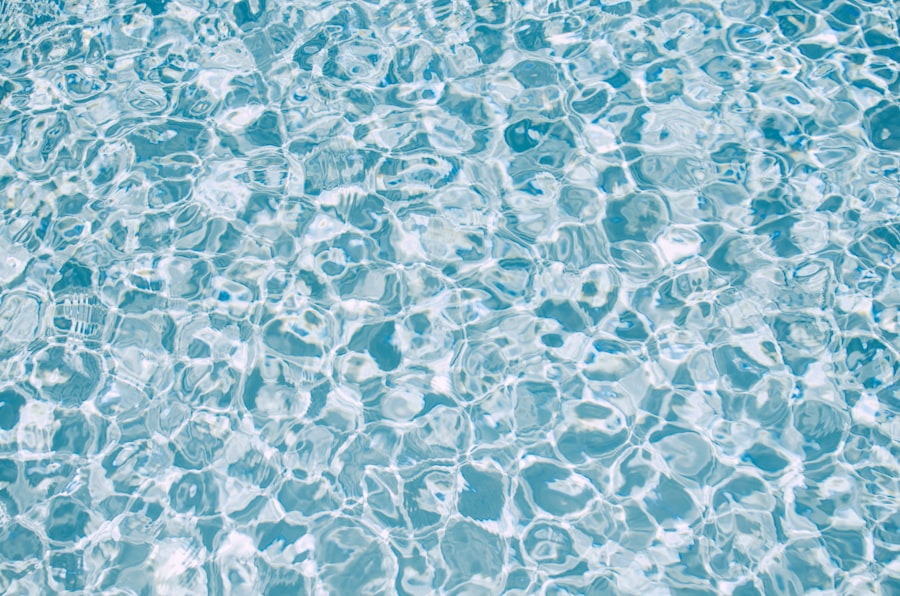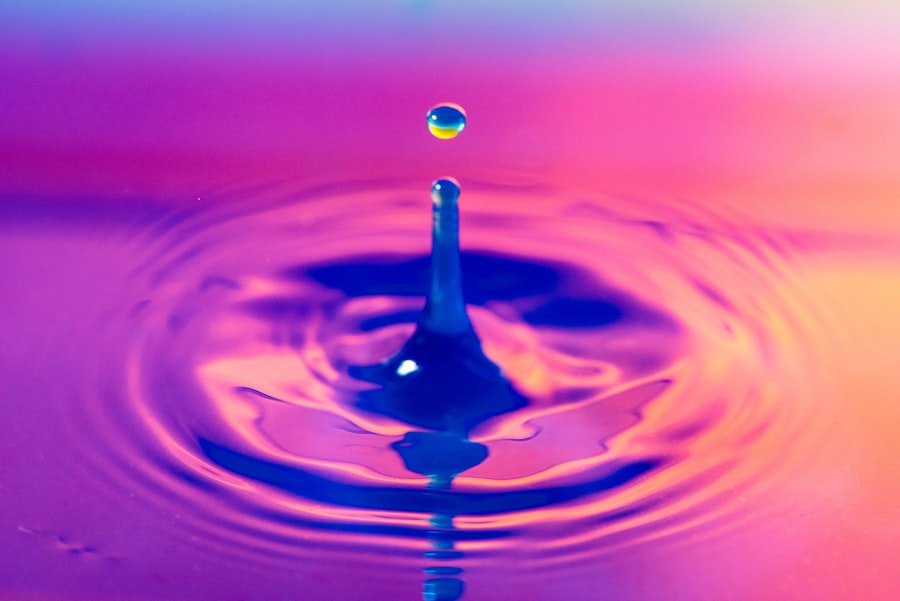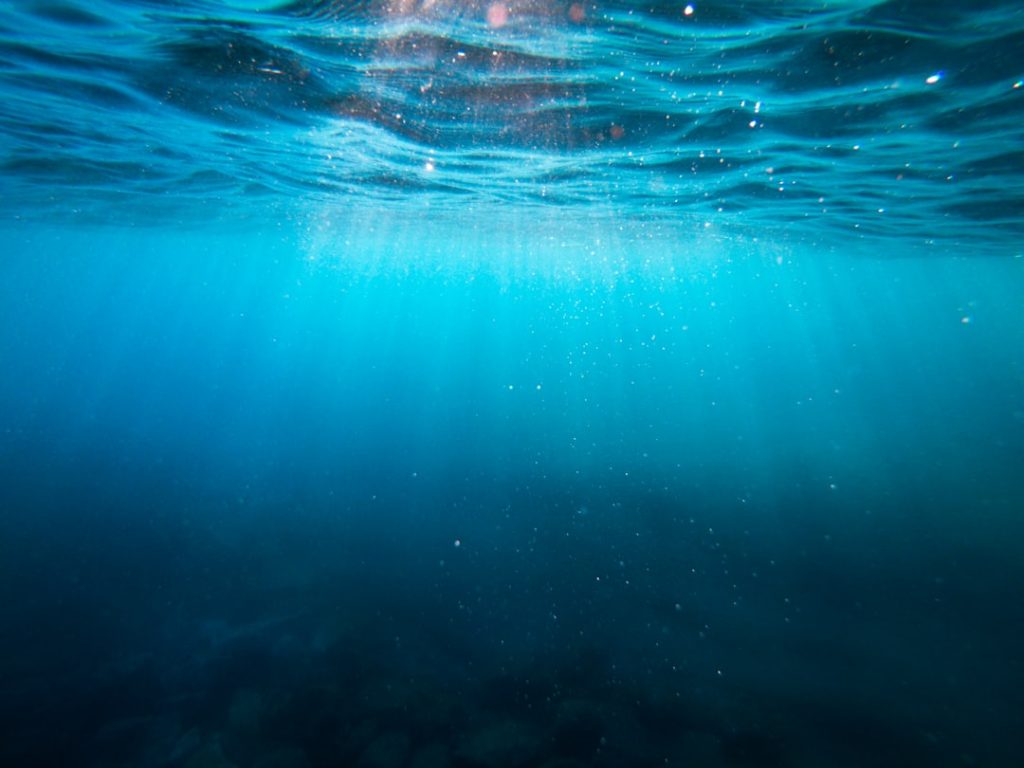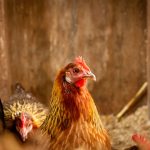Water is a vital element in a chicken’s diet and overall well-being. Chickens require water for survival and optimal health, as it is essential for digestion, nutrient absorption, temperature regulation, and various physiological processes. Insufficient water intake can lead to dehydration, which may cause numerous health problems and potentially be fatal for chickens.
Water also aids in body temperature control, particularly during hot weather or egg-laying periods. Proper hydration is crucial for chickens to digest their food effectively. Inadequate water consumption can result in digestive issues, negatively impacting overall health and egg production.
During winter, ensuring access to unfrozen water is particularly important, as natural water sources may be frozen and inaccessible. Chicken keepers must prioritize providing a constant supply of unfrozen water to their flock, especially in colder months, to maintain the birds’ health and well-being.
Table of Contents
- 1 Choosing the right water container for winter
- 2 Insulating the water container
- 3 Using a heated waterer
- 4 Adding a water heater to the coop
- 5 Using alternative methods to prevent water from freezing
- 6 Monitoring and maintaining the water supply
- 7 FAQs
- 7.1 What are some ways to keep water for chickens from freezing?
- 7.2 What are heated waterers and how do they work?
- 7.3 How can I insulate the water containers to prevent freezing?
- 7.4 What are heated bases and how do they help keep water from freezing?
- 7.5 Is it safe to add hot water to the waterers throughout the day?
Key Takeaways
- Water is essential for chickens’ health and egg production
- Choose a water container that is insulated and has a wide base to prevent freezing in winter
- Insulate the water container with foam or use a heated waterer to prevent freezing
- Consider adding a water heater to the coop to keep the water at a suitable temperature
- Alternative methods like adding salt or using a solar-powered water heater can also prevent freezing
- Regularly monitor and maintain the water supply to ensure chickens have access to clean, unfrozen water
Choosing the right water container for winter
Durability and Material
First and foremost, it’s important to select a container that is durable and able to withstand freezing temperatures. Look for containers made from materials such as plastic or metal that are designed to resist cracking or breaking in cold weather.
Size and Capacity
Consider the size of the container in relation to the number of chickens in your flock. You’ll want to choose a container that can hold enough water to meet the needs of all your chickens without needing constant refilling.
Design and Maintenance
Look for containers with lids or covers that can help prevent snow and ice from contaminating the water supply. This can help reduce the likelihood of the water freezing over quickly. Additionally, consider the ease of cleaning and refilling the container, as you’ll want to be able to maintain a clean and fresh water supply for your chickens throughout the winter months.
Insulating the water container

Insulating the water container is an effective way to help prevent the water from freezing in cold temperatures. There are several methods for insulating a water container, depending on the type of container you are using. One simple method is to wrap the container with insulating materials such as foam or bubble wrap.
This can help retain heat and prevent the water from freezing as quickly. Additionally, placing the water container in a sheltered area, such as inside the coop or a covered run, can provide some protection from freezing temperatures. Another option for insulating the water container is to use a specially designed insulating jacket or cover.
These covers are often made from materials such as neoprene or foam and are designed to fit snugly around the water container to provide insulation and prevent freezing. Some covers even come with built-in heating elements to further protect the water from freezing in extreme cold.
Using a heated waterer
Using a heated waterer is a popular and effective solution for preventing water from freezing in winter. Heated waterers are specifically designed to keep water at a consistent temperature, even in freezing conditions. These devices typically feature built-in heating elements that activate when temperatures drop below a certain threshold, ensuring that the water remains unfrozen and accessible to chickens at all times.
There are several types of heated waterers available, including heated bowls, heated bases, and heated fountains. Heated bowls are simple and easy to use, with a built-in heating element that keeps the water warm and prevents freezing. Heated bases are designed to be used with traditional water containers, providing a heated surface for the container to sit on and preventing the water from freezing.
Heated fountains are another option, providing a continuous flow of unfrozen water for chickens to drink from.
Adding a water heater to the coop
In addition to using a heated waterer, adding a water heater to the coop can provide an extra layer of protection against freezing temperatures. Water heaters are designed to be placed directly in the water container, keeping the water warm and preventing it from freezing over. These heaters typically feature adjustable thermostats, allowing you to control the temperature of the water based on the specific needs of your flock and the outside weather conditions.
There are several types of water heaters available, including submersible heaters, floating heaters, and tank heaters. Submersible heaters are placed directly in the water container and are designed to heat the water from within. Floating heaters sit on top of the water surface and provide heat to prevent freezing.
Tank heaters are larger units designed for use with larger water containers or tanks, providing consistent heat to prevent freezing in extreme cold.
Using alternative methods to prevent water from freezing

Manual Refilling with Warm Water
One simple method to prevent water from freezing is to manually refill the water containers with warm or hot water throughout the day. This can help keep the water temperature above freezing and prevent it from solidifying.
Using Solar-Powered or Battery-Operated Heating Devices
Another alternative method is to use solar-powered or battery-operated heating devices specifically designed for keeping water unfrozen in cold temperatures. These devices often feature solar panels or rechargeable batteries that power built-in heating elements, ensuring that the water remains accessible to chickens even in freezing conditions.
Insulating Water Containers
Some chicken owners use insulating materials such as hay or straw to create a protective barrier around the water containers. This can help retain heat and prevent freezing, especially when combined with other insulation methods.
Monitoring and maintaining the water supply
Finally, it’s important for chicken owners to regularly monitor and maintain the water supply throughout the winter months. Check the water containers multiple times per day to ensure that they remain unfrozen and accessible to your flock. Refill the containers as needed with fresh, clean water to ensure that your chickens have an adequate supply at all times.
Regularly clean and inspect the water containers to remove any debris or contaminants that could contribute to freezing or compromise the quality of the water. Additionally, check any heating devices or insulation materials regularly to ensure that they are functioning properly and providing adequate protection against freezing temperatures. By prioritizing the provision of unfrozen water and implementing effective strategies for preventing freezing, chicken owners can ensure that their flock remains healthy and hydrated throughout the winter months.
With careful planning and attention to detail, it’s possible to maintain a consistent and accessible water supply for chickens even in the coldest of temperatures.
If you’re looking for tips on how to keep water for chickens from freezing, you might also be interested in learning about the best time for duck mating season. Check out this article to learn more about breeding ducks and their mating habits.
FAQs
What are some ways to keep water for chickens from freezing?
Some ways to keep water for chickens from freezing include using heated waterers, insulating the water containers, using heated bases, and adding hot water to the waterers throughout the day.
What are heated waterers and how do they work?
Heated waterers are specially designed water containers that have a built-in heating element to prevent the water from freezing. They typically plug into an electrical outlet and keep the water at a temperature that prevents freezing.
How can I insulate the water containers to prevent freezing?
You can insulate the water containers by wrapping them in foam insulation or using insulating materials such as bubble wrap or old blankets. This helps to retain the heat from the water and prevent it from freezing.
What are heated bases and how do they help keep water from freezing?
Heated bases are platforms that the water containers sit on, and they have a built-in heating element to keep the water from freezing. The heat from the base rises and helps to keep the water at a temperature that prevents freezing.
Is it safe to add hot water to the waterers throughout the day?
Yes, it is safe to add hot water to the waterers throughout the day to help prevent freezing. However, it’s important to use caution and avoid using water that is too hot, as this can potentially harm the chickens.
Meet Walter, the feathered-friend fanatic of Florida! Nestled in the sunshine state, Walter struts through life with his feathered companions, clucking his way to happiness. With a coop that’s fancier than a five-star hotel, he’s the Don Juan of the chicken world. When he’s not teaching his hens to do the cha-cha, you’ll find him in a heated debate with his prized rooster, Sir Clucks-a-Lot. Walter’s poultry passion is no yolk; he’s the sunny-side-up guy you never knew you needed in your flock of friends!







